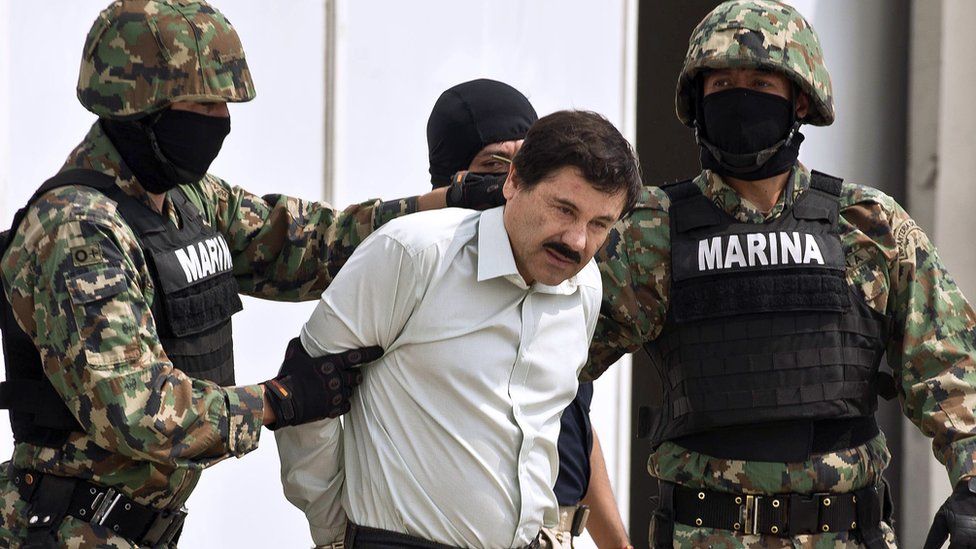On 12 January, US President-Elect Barack Obama will meet with Mexican President Felipe Calderón to discuss the future of US-Mexican relations. The two have a lot to talk about. Mexico is limping out of one of its most violent years in history, in which 5,630 people were killed in drug and gang-related violence and the flow of illegal drugs north did not abate, in spite of vast swaths of money provided by the Mérida Initiative and Plan Colombia to stem the flow from the supply side. The United States is in the midst of a recession that figures to be devastating to Mexican industry and Mexican immigrants living in the United States. The 12 January conversation may lay the framework for the crucial next steps for the United States and one of its most important strategic allies.
At play are a number of key policy issues, including reviews of NAFTA, US immigration policy, the Mérida Initiative, and security on both sides of the border. This last issue may be most prominent, as some US officials believe that the US-Mexico border could become a 2000 mile-long homeland security threat.
On 11 January, The Associated Press reported that the focus of the Obama-Calderón talks will be on the Mexican Drug War. Yet neither leader should lose sight of the fact that in spite of the country of origin of the cartels responsible for most of the drug trafficking and the violence that consumed Mexico in 2008, the war and its horrific consequences do not belong to Mexico alone.
Central America
To the south of Mexico, Guatemala, whose population (13.3 million) is roughly 12% of Mexico’s (110 million), had an average of 16 murders per day in 2008, which totals 5,840, or nearly the same amount of gang-related murders that took place in Mexico. Guatemalan President Álvaro Colom spent part of 2008 attempting to secure the border between his nation and Mexico and to economically develop the region in attempts to abate the gang-related deaths in Mexico’s southern neighbor. The wave of violence does not end there. Central American nations from El Salvador to Panama suffered increases in violence and human rights violations in 2008 because of violence related to drug trafficking.
South America
The “Mexican” drug war extends further south, into the main producer nations of Colombia, Peru, and Bolivia (and potentially the fringes of Ecuador, Venezuela, and Brazil), where rival cartels vie for control of supply, and the main exporter nations such as Venezuela, Colombia, and Argentina, who serve as shipping points to markets abroad. Even Argentina, located thousands of miles to the south, has not been immune. The nation’s increased role as a point of transit has subjected it to bits and pieces of the violence that often accompanies gang-related drug running.
Europe
According to the United Nations Office on Drugs and Crime (UNODC), Mexican cartels are sending assassins, often from Central American gangs to cities in Spain, Norway, and the Netherlands in an attempt to control supply and distribution in Europe.
Australia
Sam Logan reports on his blog about the three Mexican citizens arrested under suspicions of being involved in a $16 million dollar cocaine shipment in Australia.
The United States
The list continues, with smugglers from Latin America having been caught in Africa, highlighting the extent and scope of the drug war. Yet while Mexican cartels have extended their reach globally, it is equally important to weigh the demand side of the equation from the nation closest to Mexico. Both sides need to be evaluated to stop the wave of violence that is killing thousands south of the Rio Grande and costing billions and claiming lives north of it.
The meeting between Obama and Calderón will be one of the first tests to how Obama and the next administration will handle US-Latin American relations. It will also hopefully be the first of many meetings between the two leaders, who will both be in power through 2012 and thus have the capacity to potentially effect long-term change with sound policy review and administration.
When they meet to discuss the drug war, they will be discussing a conflict that cares little for boundaries or nationalities. For the sake of millions on both sides of the border and beyond, here’s hoping they get off on the right foot.

Reply